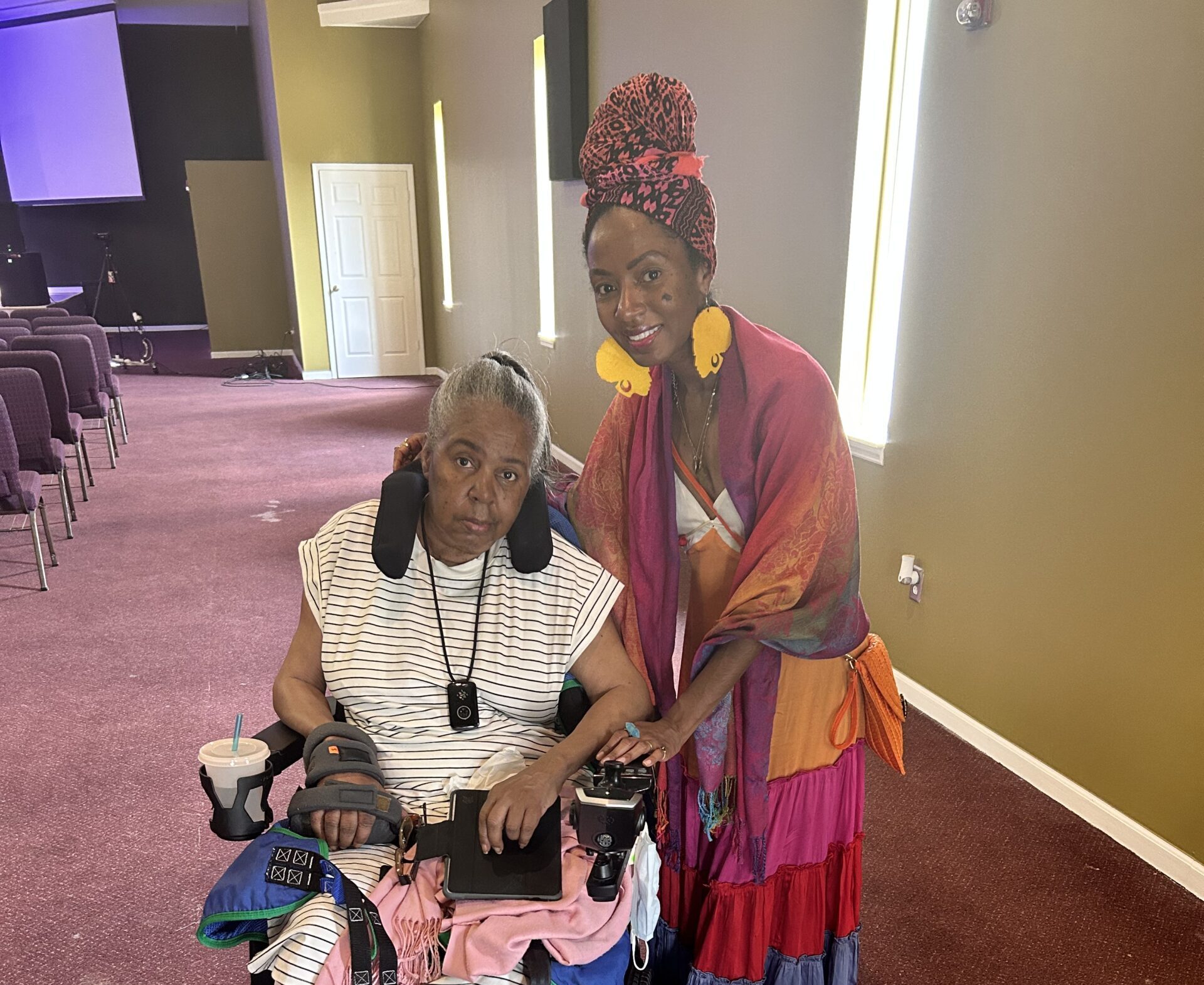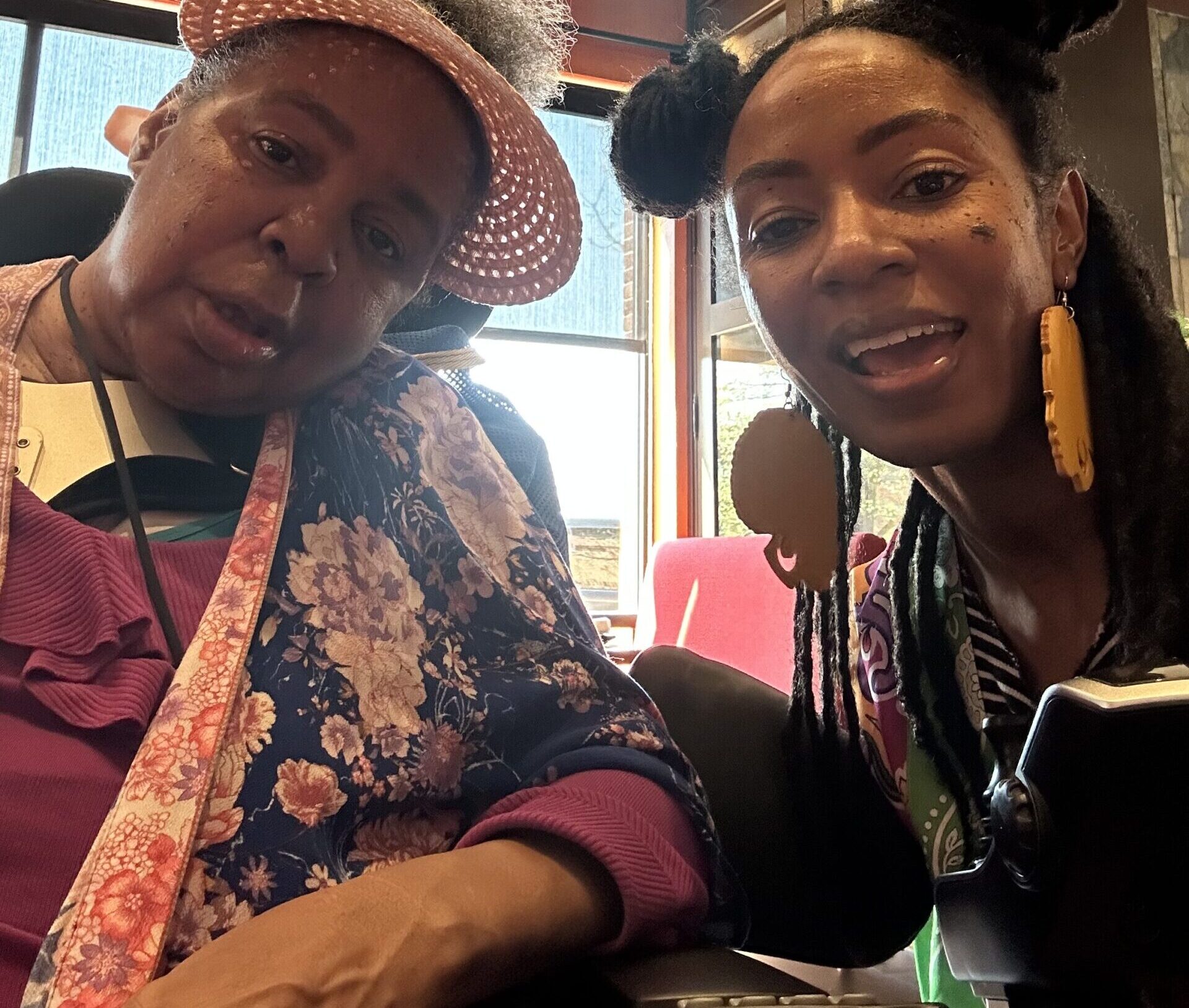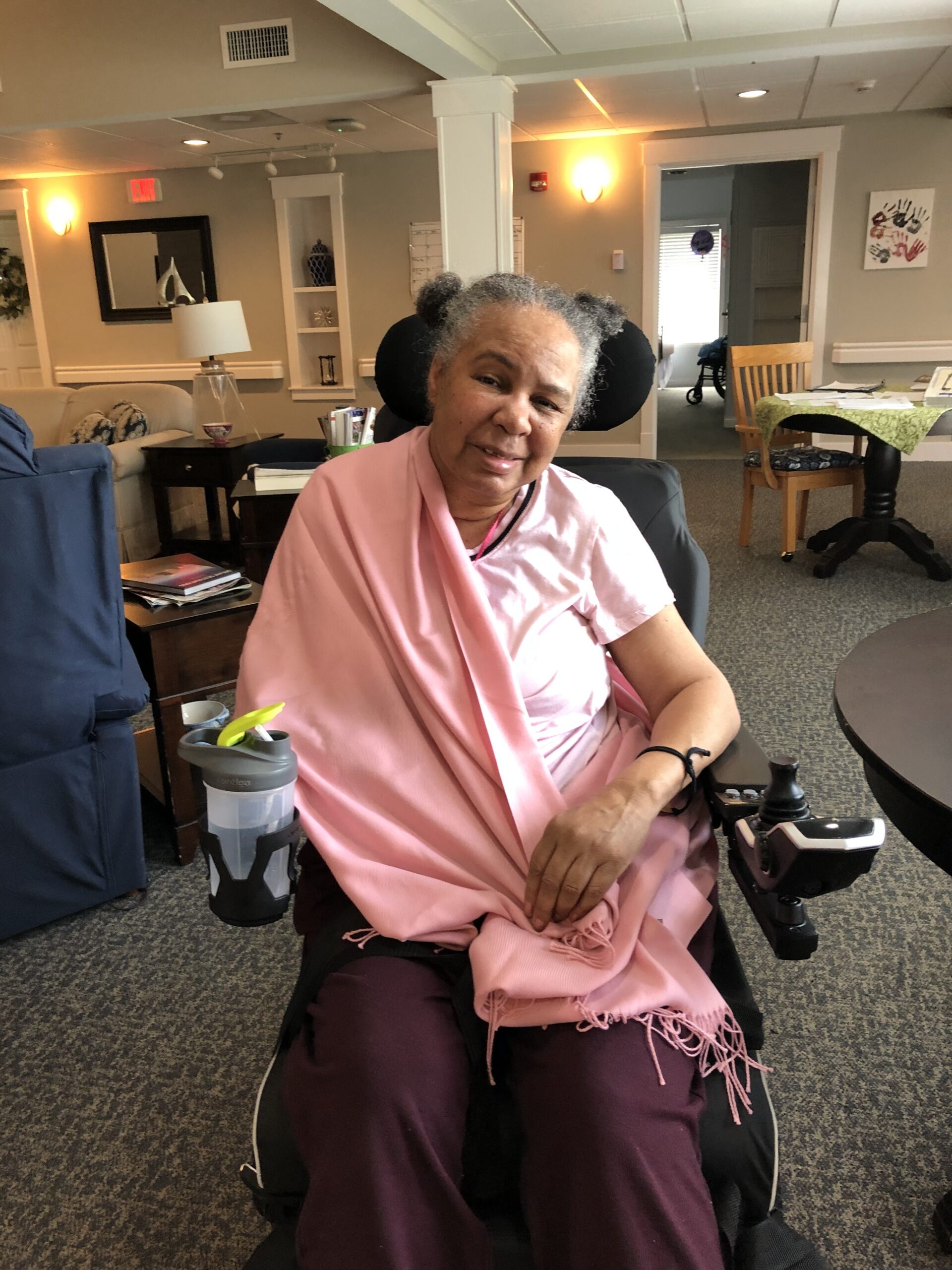Caregiving is often described as an act of love, but what happens when that love is met with frustration, exhaustion, and—sometimes—resentment?
I recently realized how resentment shows up in my own caregiving journey, and it was a hard truth to face. There are moments when I find myself feeling edgy, snappy, or emotionally numb when caring for my mom, especially when she exhibits difficult behaviors. When she accuses me of things I didn’t do, gets upset when I forget something, or becomes frustrated if I take too long, I notice a familiar thought pattern creeping in:
“She should be more grateful for what I do.”
“I sacrifice so much to care for her—why doesn’t she see that?”
This cycle of resentment doesn’t just appear out of nowhere. It usually shows up when I am overwhelmed, burned out, tired, or even sad. It’s a signal that I’m running on empty, yet instead of recognizing my own needs, I get trapped in guilt. When I catch myself shutting down emotionally or disengaging, I feel like I’m being mean, and then the shame sets in.
When I sit with these feelings, I realize that my mom’s reactions trigger something deeper in me—memories from childhood when I felt like nothing I did was enough, when I had to be “good” or “perfect” to avoid conflict. Those old wounds resurface when caregiving gets hard, making me react in ways I don’t always want to.
But here’s what I also know: When I take time to fill my own cup—when I rest, practice mindfulness, and allow myself to feel supported—I respond differently. I have more patience. I can hold space for my mom’s emotions without taking them personally. I can remind myself that her reactions are not a reflection of my worth or effort.
Resentment is often a symptom, not the root problem. For me, it signals a need for more self-compassion, boundaries, and care. If you’re a caregiver struggling with similar emotions, here are some ways I’m learning to shift my mindset:
• Recognizing the warning signs. When I feel irritation creeping in, I pause and check in with myself: Am I exhausted? Have I taken time for myself?
• Releasing the expectation of gratitude. It’s not easy, but I remind myself that caregiving is about love, not validation. My worth is not determined by someone else’s reaction.
• Practicing small moments of self-care. Even five minutes of breathing, journaling, or stepping outside can reset my emotions.
• Letting go of guilt. Feeling frustrated doesn’t make me a bad caregiver. It makes me human.
I’m still navigating this journey, but I now understand that resentment isn’t something to be ashamed of—it’s a sign that I need more care, too. By acknowledging it, I can create space for both myself and my mom with more patience, understanding, and love.
If you’re a caregiver, have you ever struggled with resentment? How do you navigate these emotions? Let’s start the conversation.





